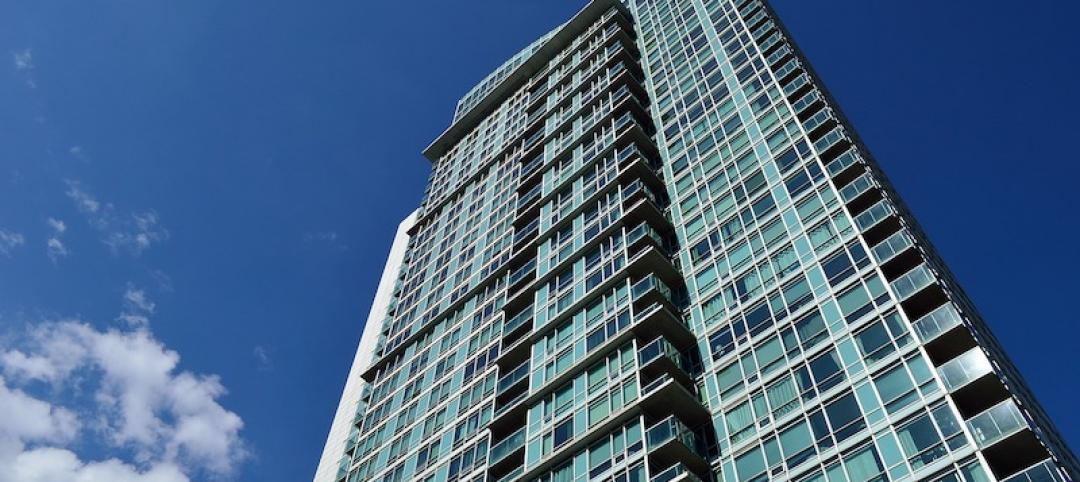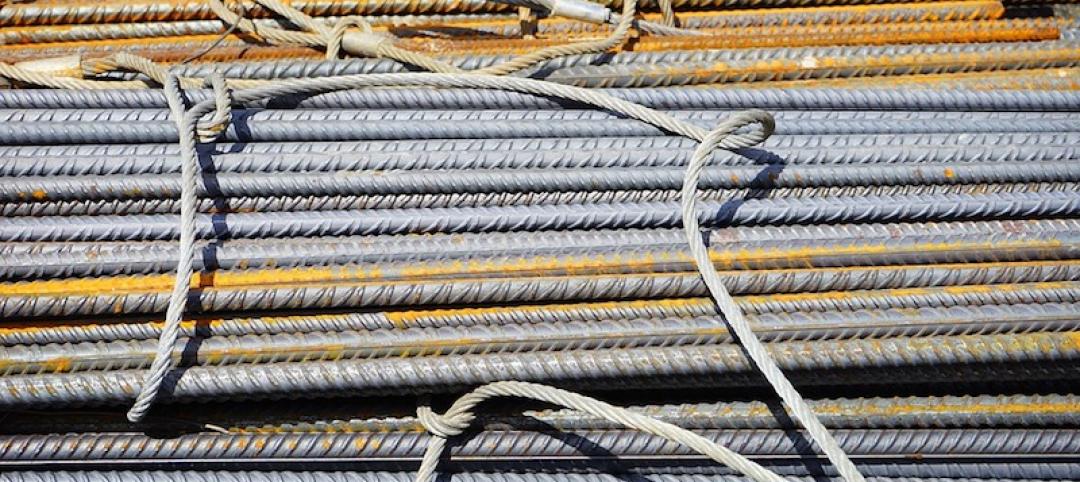Commercial construction spending in the second quarter of 2017 increased 13% from the same period last year and office construction rose 11%, according to the latest Marcum Commercial Construction Index. However, these bright spots contrast with a decline of 3.1% in overall nonresidential construction spending in June year-over-year and a monthly drop of 2.0% from May 2017. The index is produced by the Construction Services Group of Marcum LLP, a national accounting and advisory firm.
Anirban Basu, the report’s author, attributes the relative strength of the commercial and office subsectors to the ecommerce boom. He also notes that June spending in communication construction increased 4.9% year-over-year and 2.8% from May 2017. The only other subsector to record a gain was health care, with a 2.8% annualized improvement, although monthly results in the sector declined 0.2% in June.
“With interest rates remaining near rock-bottom levels, investors have been chased up the risk spectrum, including into commercial real estate. That has helped to raise property values and prompt new construction. These dynamics have also helped lift industry backlog and supported reasonably solid profit margins,” Mr. Basu wrote.
Spending in all 12 of the remaining nonresidential construction subsectors retreated on both an annualized and monthly basis. The largest declines came in public sector spending, including conservation and development (-20.6% and -7.3%, respectively), sewage and waste disposal (-16.8% and -2.4%), and water supply (-16.4% and -3.7%).
“The infrastructure boom we have been waiting for has not arrived as of yet. Business attitudes and the business environment and confidence remain high for the moment. Backlogs in the private sector are healthy. Investment is robust. It’s my hope that we can turn some of this momentum towards infrastructure, sooner rather than later,” said Joseph Natarelli, national leader of Marcum’s Construction Services Group and an office managing partner in New Haven, Connecticut.
Current economic trends in the construction industry will be discussed in depth at the upcoming annual Marcum Construction Summits in Ft. Lauderdale, Fla., on September 7; New Haven, Conn., on September 27; and New York City on October 23.
For the complete Marcum Commercial Construction Index, visit www.marcumllp.com.
Related Stories
Market Data | Aug 15, 2018
National asking rents for office space rise again
The rise in rental rates marks the 21st consecutive quarterly increase.
Market Data | Aug 13, 2018
First Half 2018 commercial and multifamily construction starts show mixed performance across top metropolitan areas
Gains reported in five of the top ten markets.
Market Data | Aug 10, 2018
Construction material prices inch down in July
Nonresidential construction input prices increased fell 0.3% in July but are up 9.6% year over year.
Market Data | Aug 9, 2018
Projections reveal nonresidential construction spending to grow
AIA releases latest Consensus Construction Forecast.
Market Data | Aug 7, 2018
New supply's impact illustrated in Yardi Matrix national self storage report for July
The metro with the most units under construction and planned as a percent of existing inventory in mid-July was Nashville, Tenn.
Market Data | Aug 3, 2018
U.S. multifamily rents reach new heights in July
Favorable economic conditions produce a sunny summer for the apartment sector.
Market Data | Aug 2, 2018
Nonresidential construction spending dips in June
“The hope is that June’s construction spending setback is merely a statistical aberration,” said ABC Chief Economist Anirban Basu.
Market Data | Aug 1, 2018
U.S. hotel construction pipeline continues moderate growth year-over-year
The hotel construction pipeline has been growing moderately and incrementally each quarter.
Market Data | Jul 30, 2018
Nonresidential fixed investment surges in second quarter
Nonresidential fixed investment represented an especially important element of second quarter strength in the advance estimate.
Market Data | Jul 11, 2018
Construction material prices increase steadily in June
June represents the latest month associated with rapidly rising construction input prices.















